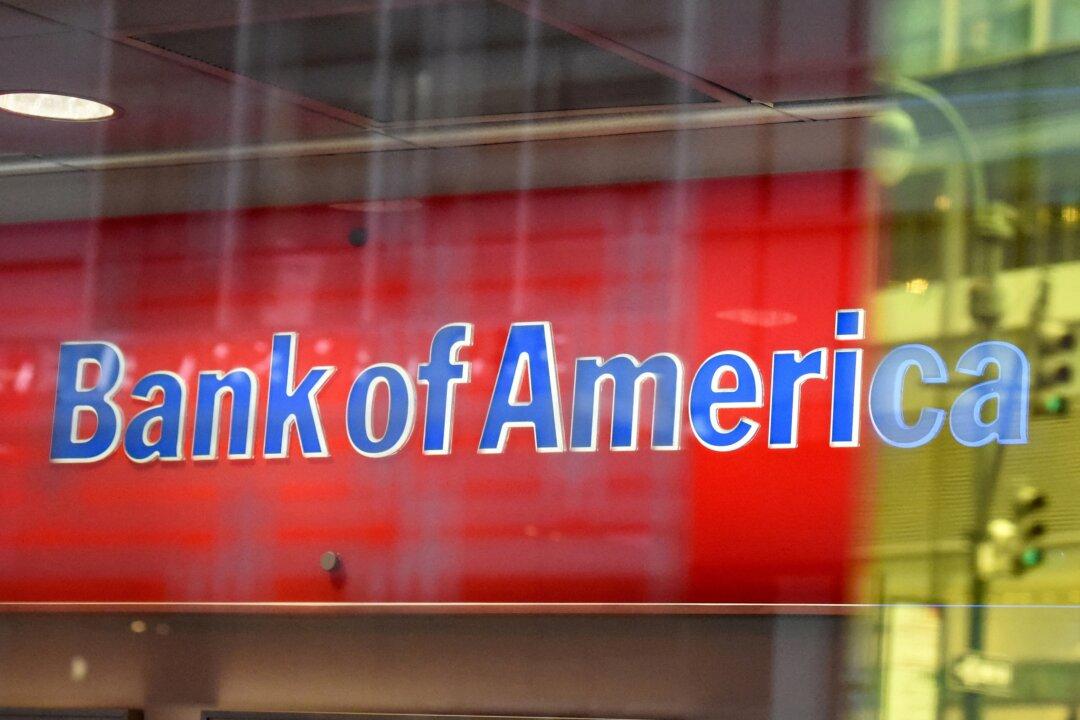Bank of America will pay $12 million for submitting inaccurate mortgage data to the federal government under a long-standing federal law, the Consumer Financial Protection Bureau (CFPB) announced on Tuesday.
The federal agency, championed by Democrats, noted that the second-largest U.S. bank, which holds $2.4 trillion in assets, neither admitted nor denied wrongdoing in the case.





